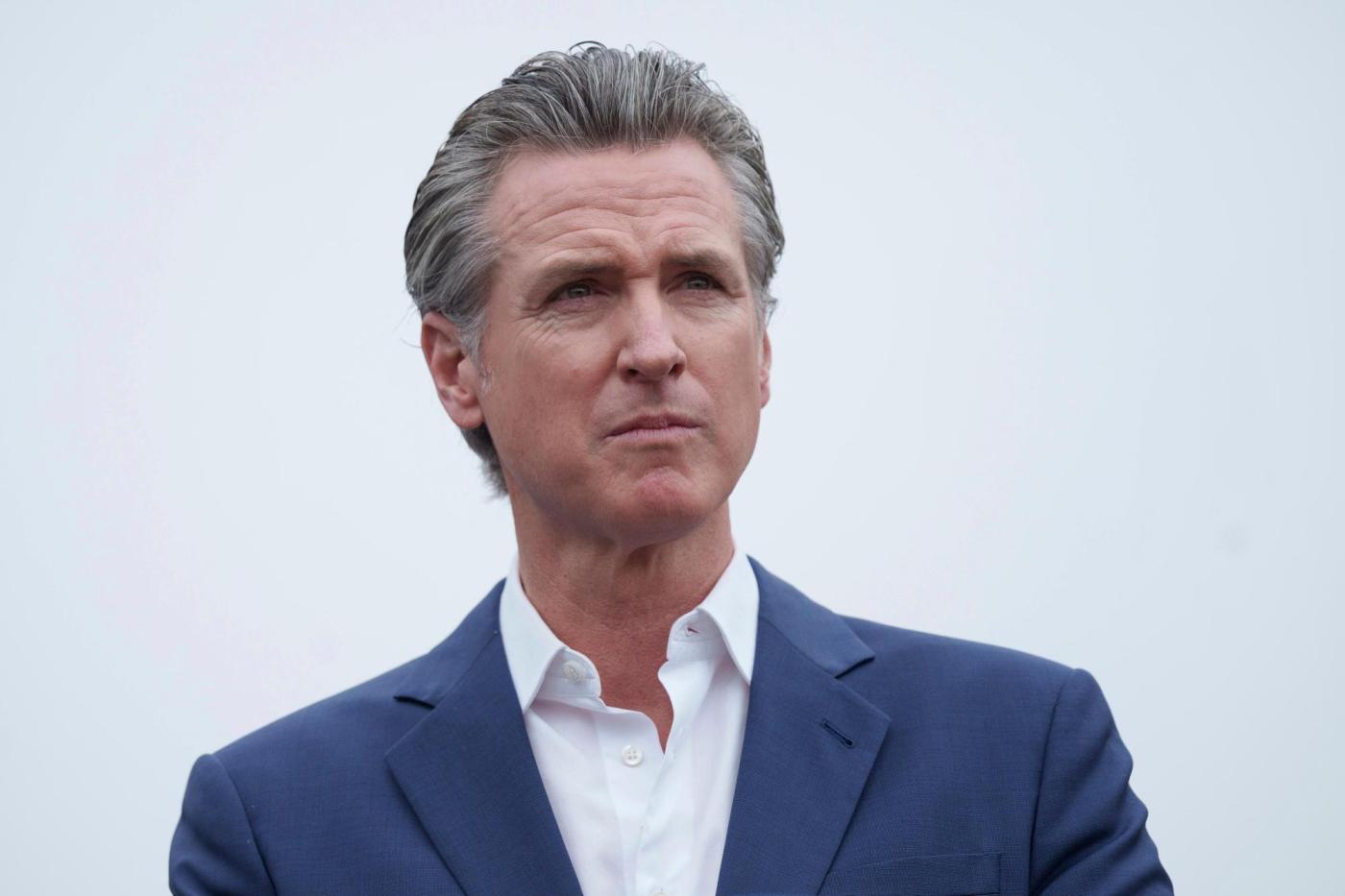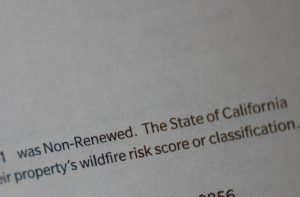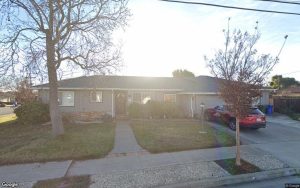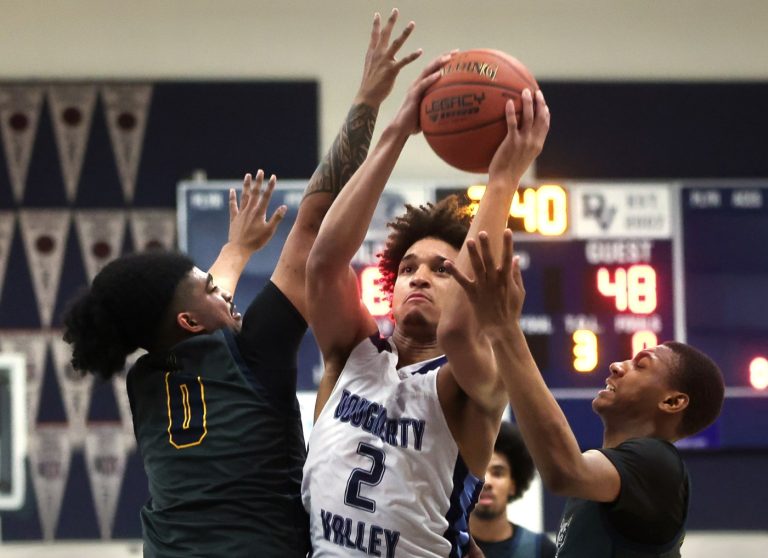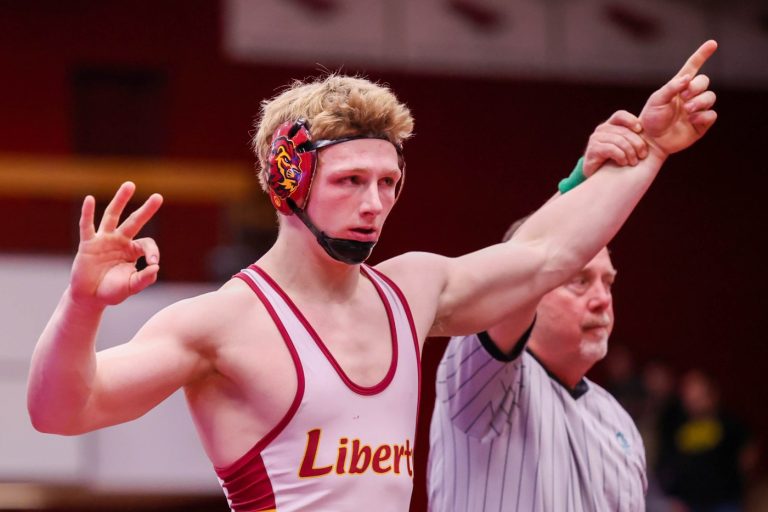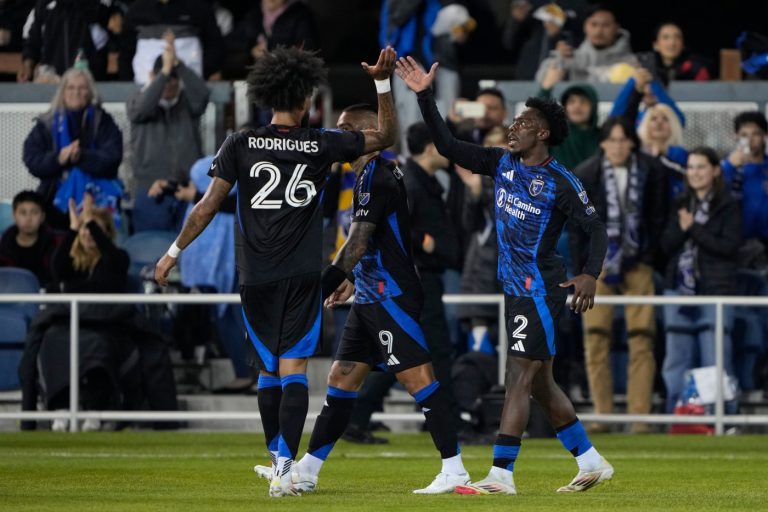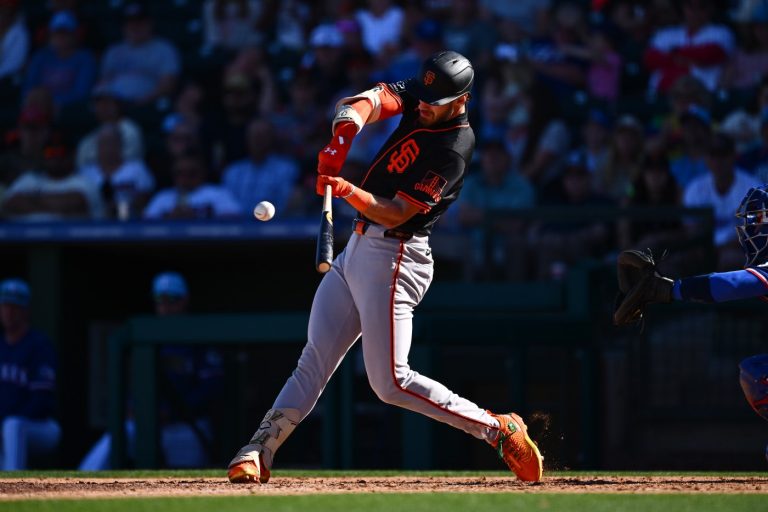Gov. Gavin Newsom generally appears eager to expound on ways to fix California’s housing crisis. Not to mention the importance of managing the state’s fiscal responsibilities in the face of uncertain budget projections.
Yet when it comes to three November ballot measures that could have massive impacts on the state’s housing market and future spending, he’s had little to say.
Asked on Friday whether he supports two bond measures that would allow the state to borrow $20 billion in total for school infrastructure upgrades and climate projects, he declined to offer a position.
“To be candid with you, I haven’t even had a chance to review in detail everything that’s in front of the voters,” Newsom said at a virtual news conference announcing state grants to help cities and counties clear homeless encampments.
At an earlier news conference last month, Newsom had the same explanation in response to a question about his stance on a measure that would allow local governments to significantly expand rent control.
It followed a separate question about whether he would raise money to campaign against another high-profile ballot measure to increase penalties for retail theft and drug crimes that he and his allies have vocally opposed.
“Do I have to raise money for (the rent control measure), too?” he responded in jest.
So far, Newsom has only taken a position on two ballot items: the crime measure, and a complicated proposition he also opposes that would extend a tax on health care plans, which could end up costing the state between $1 billion and $2 billion a year in the short-term, according to the state’s Legislative Analyst’s Office.
Other measures on the ballot include proposals to raise the state minimum wage to $18, enshrine in the state constitution the right to marry, regardless of sex or race, and lower the margin needed to pass local infrastructure and affordable housing bonds to 55%.
On Friday, Newsom said he plans to “be presenting at least my point of view” on the November ballot “at an appropriate time and place,” but didn’t offer more details. Ballots are expected to begin arriving in mailboxes around the state next week.
Why might Newsom not have had the time to review the measures going before voters?
“It’s hard when you’re running for president,” quipped David McCuan, a political science professor at Sonoma State University.
Related Articles
Letters: Firing a disservice | College trustee | Senate must act
These 7 new California laws came from 1,000 bills Gov. Gavin Newsom recently signed
Prop 35 would raise money for Medi-Cal health services to low-income families, seniors, disabled residents
Opinion: Democracy has the right to defend itself against the ‘clown car’
Trump OK’d California wildfire aid in 2018 only after reviewing voter data, former official says
McCuan said the conventional wisdom among politicos is that Newsom is angling for a future presidential run whether or not Vice President Kamala Harris wins in November. He’s worked hard to raise his national profile over the past year — whether through international trips or a CNN debate with Florida Gov. Ron Desantis — and his goal is to appear “less like the poster child of left-coast liberalism,” McCuan said.
That means being careful not to align himself with expensive or potentially controversial ballot measures, which also may end up losing on Election Day.
“If you take a position on ballot measures, most of which fail, you also run the risk of attaching yourself to the coin-flip of a campaign,” McCuan said.
Newsom may have learned that lesson in March when Proposition 1, his $6.4 billion mental health bond, underperformed expectations and barely won voters’ approval.
“The egg on your face that partially happened in the primary, you don’t want to be repeated in the general,” McCuan said.
